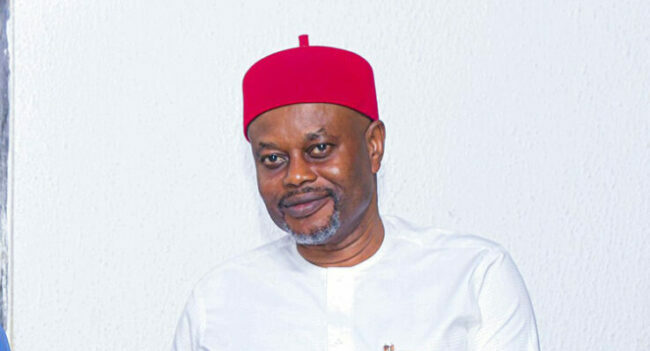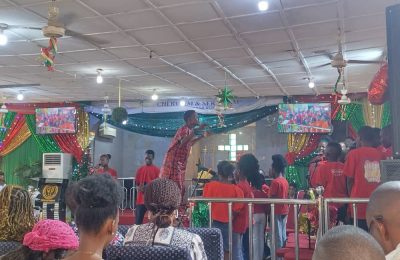
THE Minister of Innovation, Science and Technology, Mr Uche Nnaji, has said that Nigeria requires accurate, reliable and timely energy data to drive and track energy transition process.
Nnaji said this at the official launch of the Computarised National Energy Information System (NEIS) in Abuja earlier this week.

The process is being driven by the Energy Commission of Nigeria (ECN) in collaboration with ECOWAS to enable a better energy programming in the country.
The Minister also said that the launch would improve the Federal Government’s efforts for better planning, policy formulation and making informed decisions related to the country’s energy sector transformation.
He said that the current need for energy transition called for more holistic approach that would revolutionise the process, so that project designs, policies and strategies are informed by high-quality and reliable energy data.
He said that the NEIS was conceived to achieve dematerialised data collection, reduce data entry error and processing time, improve the speed of data dissemination and improve data quality accordingly.
“This is an occasion intended to usher in an innovative approach to the collection, collation, harmonisation, validation and dissemination of energy data.
“The ECN is cognisant of the need to improve energy data collection methods by setting up systems which respond to the country’s data needs.
“These include all sectors of the economy, to improve energy data quality and coverage,” he said.
In his remarks, the Director-General of ECN, Dr Mustapha Abdullahi, said that the collated data would serve as an input into the development, operation and maintenance of the NEIS.
He said that the NEIS would be assessed by researchers, development partners, individuals and organisations to plan; make informed decisions, and take effective actions in the management of energy supply, use and costs.
“In order to further achieve this mandate, we must work with other relevant governmental and non-governmental organisations that generate, collate, analyse, disseminate and use energy data.
“This will usher in a computerised infrastructure that will lead, among other things, to dematerialise data collection, reduce data entry errors and processing time.
“It will also improve the speed of disseminating of statistics, eliminate data loss and improve data quality and energy planning,” he said.
The Commissioner of Infrastructure, Energy and Digitalisation, ECOWAS, Mr Sédiko Douka, said that the computerised system had detailed energy database and relevant indicators calculated according to international standards.
He expressed optimism that Nigeria would take steps to ensure the sustainability of this important tool.
READ ALSO: Ondo guber: We’ll be transparent in distribution, inspection of sensitive materials — INEC







